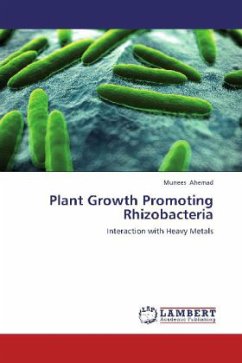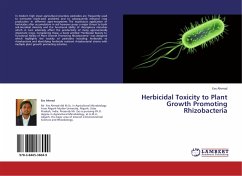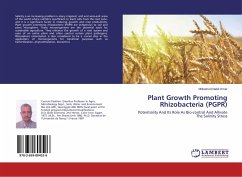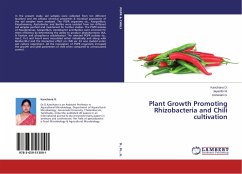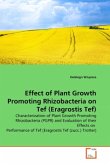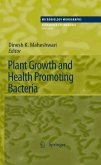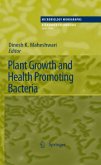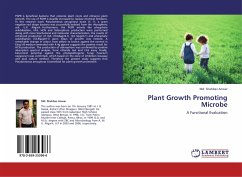Heavy metal pollution of soils is one of the most severe environmental hazards and has affected negatively the human health through the food chain and agriculture by decreasing soil microbial activity and diversity, soil fertility and yield losses. Interactions among heavy metals, plant growth promoting rhizobacteria (PGPR) and plants have attracted attention as a consequence of the biotechnological potentials of PGPR for metal detoxification in polluted soils as well as facilitation of plant growth and development by providing with various growth regulators and nutrients. In fact, the metal resistant PGPR affect mobility and availability of the trace metals to the plants through release of chelating agents, phytohormones, phosphate solubilization and redox changes. In these contexts, the present book covers the interactions of PGPR with heavy metals, their metal detoxifying mechanisms, mechanisms of plant growth regulation under metal stressed soils and explicit description of various factors associated with PGPR-mediated plant growth promotion in association with heavy metal contamination.

